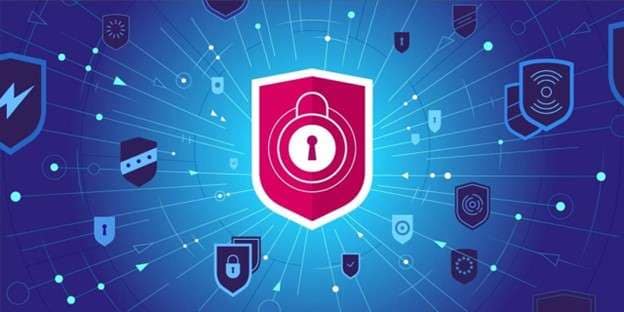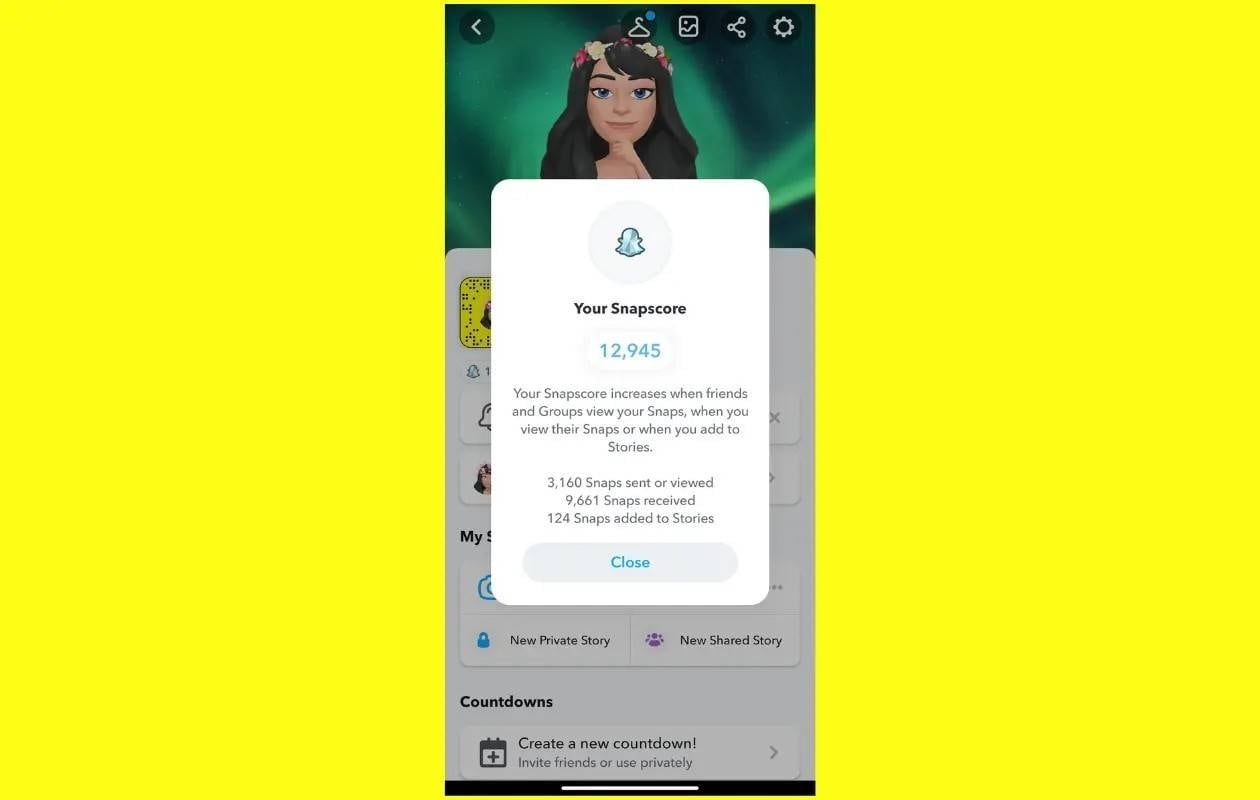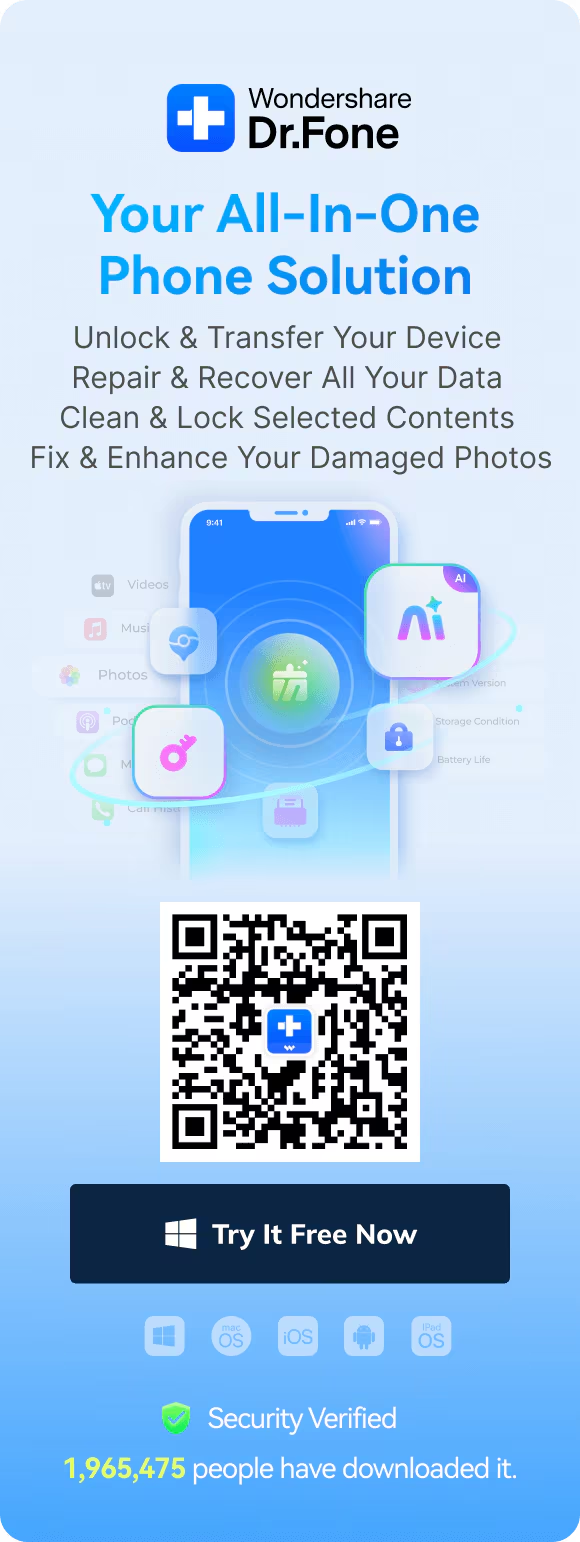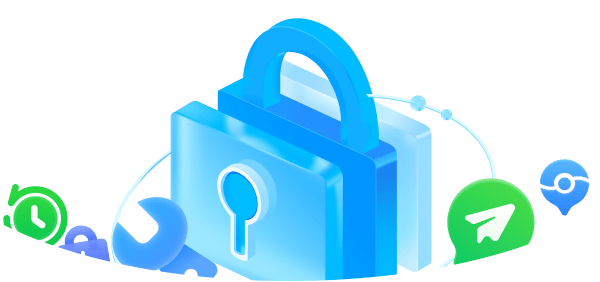Online location sharing has become more than a convenience; it's a basic need. Many users use VPNs, GPS spoofing software, and proxies to get access to geo-restricted material while protecting their privacy and security. However, most are also wondering, "is it safe to use VPN?" The answer can be yes or no both, but to overcome using VPNs online games and social media apps include location-based features, while streaming services can restrict shows and movies. Understanding how to relocate properly may make a significant difference in such cases.
Many techniques exist, including VPNs, GPS spoofing software, proxy servers, and Smart DNS. VPNs encrypt your internet connection and disguise your IP address, while Dr.Fone App - Change Location (Android) modifies your GPS settings for certain applications without interfering with your internet access. This article examines how Dr.Fone App stands apart, and when to use these tools together for the greatest results.
In this article
Part 1. Is a VPN Safe to Use?
VPNs are popular tools for maintaining online privacy security and avoiding geo-restrictions. But are they safe to use? Let's look at the major elements, hazards, and instances of dependable VPNs.
1.1 Key Features of a Safe VPN
A reliable VPN should have the following features:
- Encryption Standards: AES-256 encryption is regarded as the gold standard.
- No-Log Policies: Ensure the supplier does not save your surfing or activity logs.
- Secure Protocols: Options such as OpenVPN and WireGuard provide strong security.
- DNS and IP Leak Protection: Prevents unintended leakage of your IP or DNS queries.
These features guarantee that your data is private and safe.
1.2 Factors That Determine VPN Safety
Not all VPNs are created equally. Consider the following aspects:
- Trustworthiness of the Provider: Look into the company's reputation and evaluations.
- Legal Jurisdiction: Select VPNs located in privacy-friendly countries (such as Switzerland and Panama).
Paid vs. free VPNs:
- Paid VPNs: Paid VPNs provide superior encryption, no advertisements, and more privacy.
- Free VPNs: Often provide restricted speed and bandwidth and may share user information with other parties.

1.3 Risks of Using an Unsafe VPN
Using a poorly built VPN might backfire:
- Data Breach: Some VPNs have been found leaking user data.
- Malware Risks: Unethical vendors may include malicious malware with their programs.
- Free VPN Risks: Your data may be logged or sold to advertising.
1.4. Examples of Safe VPNs (2025 Models)
| VPN | Features | Reliability |
| NordVPN | AES-256, no logs, Double VPN | Highly secure and fast |
| ExpressVPN | TrustedServer technology split tunneling | Great for streaming |
| ProtonVPN | Swiss-based, Tor support, no-logs policy | Ideal for privacy |
| Surfshark | Affordable, unlimited devices, CleanWeb feature | Best budget option |
Part 2. Is It Safe to Use VPNs on Different Platforms?
VPNs are flexible solutions that work across various platforms. However, their safety depends on correct use and awareness of possible threats to each device or operating system. Here's how to stay secure while utilizing VPNs.
2.1 On Android Devices
If you're wondering "is it safe to use VPN on android?" Using a VPN on Android may dramatically improve privacy, but there are drawbacks if you aren't careful.
Risks of Unverified VPN Apps:
- Many programs available via unauthorized shops or websites may include malware or spyware.
- Unregulated applications often lack appropriate encryption standards, leaving your data vulnerable.
Safe Installation Tips:
- Always install VPN programs from the Google Play Store or the provider's official website.
- Check the app's reviews, ratings, and privacy policy.
- Check whether the VPN meets Google's security criteria.
2.2 On iOS, Windows, and Other Platforms
Is free VPN safe? VPN security varies somewhat among systems, but the foundations are universal.
General Guidelines for Safe Use:
- To prevent security risks, update your operating system regularly.
- Choose VPNs that work with your platform's built-in security measures.
- Avoid applications that request unneeded permissions.
Cross-platform compatibility:
- VPN providers such as ExpressVPN and NordVPN have specialized iOS, Windows, macOS, and Linux applications.
- Look for options like automatic device switching and unlimited simultaneous connections.

2.3 Free VPN Safety.
Free VPNs are appealing, but they typically come with drawbacks.
Limitations of free VPNs:
- Speed: Limited bandwidth and sluggish servers.
- Ads: There are frequent pauses during usage.
- Data Caps: Limit heavy use.
Risks:
- Many free VPNs collect and sell user data to other parties.
- Security measures such as encryption may be inadequate.
Reputable Free VPN Options:
- ProtonVPN: provides great privacy and no data limitations.
- Windscribe: offers extensive free plans with strong security.
Part 3. Alternatives to VPNs for Changing Location
Location-based apps are essential for navigating, socializing, and accessing region-specific content. VPNs are a standard way to change location data, but other options provide customized functionality. We explore Dr.Fone App - Change Location, proxy servers, TOR, and Smart DNS below.
3.1 Dr.Fone App - Change Location
The Dr.Fone App - Change Location (Android) is a specialized tool for changing your GPS location without affecting your internet connection, distinguishing it from a typical VPN. This multifunctional program allows you to increase privacy, imitate GPS movement, and explore location-based features.
Dr.Fone App - Change Location (Android)
Change Your Phone's GPS Location Instantly with This Powerful Tool!
- Ideal for gaming, dates, tracking, and resource gathering.
- Click on any spot on the map to change your location.
- Easily save your favorite spots.
- No VPN required.
Overview of Dr.Fone App: Change Location
Changes your device's GPS settings, allowing you to spoof your position smoothly.
Common use cases:
- Privacy Protection: Prevent family/friends from tracking your location.
- Social Entertainment: Dating, making friends, and sharing locations.
- Resource Acquisition: Purchase memberships at a low cost or grab coupons.
Unlike a VPN, it does not interfere with your network connection or disguise your IP address.
Key Features of Dr.Fone App - Change Location:
- Android smartphones can change their location with a single click.
- Save favorite places for instant access and location change.
- Works with a variety of apps that depend on location services.
- User-friendly interface that requires little technical understanding.
Steps to Change Location Using the Dr.Fone App
The Dr.Fone App allows you to alter your GPS location in four easy steps:
01of 04
Go to the official website or the app store to download the Dr. Fone App. Install the app and allow the required permissions for GPS access. Choose the "Blue AI Toolbox" at the bottom of the screen.

02of 04
Choose the "Change Location" feature to access the location editing interface; click on the "let's get started" option from there.

03of 04
Select a place by tapping on the map and dropping a pin. Using the search box to find a certain address. To confirm your choices, click the "Move" button.

04of 04
To bookmark an address, select it and click the "star symbol" in the address pop-up. View your favorites by tapping the star ⭐ on the screen. To un-bookmark, click the star in the favorites list or click "Move" to choose a saved URL.

Comparison: Dr.Fone App vs. VPN
| Feature | Dr.Fone App | VPN |
| Purpose | GPS location change | IP masking and geo-restriction bypass |
| Network Modification | No | Yes |
| Common Use Cases | Gaming, social media, location apps | Streaming, browsing, online privacy |
3.2 Using Proxy Servers
Proxy servers connect your device to the internet, enabling you to redirect traffic via another server. While they can shift your apparent location, they have restrictions.
How Proxy Servers Work:
- Your internet traffic is diverted via a proxy server, and a new IP address is assigned.
- Proxies may enable you to access location-restricted material by simulating a different location.
Limitations of Proxy servers
- Lack of encryption: Proxies are not as safe as VPNs because they do not protect your data.
- Limited functionality: They are incompatible with applications that need accurate GPS settings.
- Unstable connections: Free proxy servers often have reliability concerns.
3.3 TOR Network
The TOR network (The Onion Router) is a privacy-focused technology that may also be used to disguise your true location. It sends your internet traffic via many servers (nodes), making monitoring difficult.
Benefits of Using Tor
- Enhanced anonymity: TOR conceals your identity and makes your online activities untraceable.
- Location changes: You may mimic being in another area by routing traffic across nodes in multiple locations.
- Free to use: Tor is open-source and free to use.
Drawbacks of TOR
- Slowed browsing speeds: Multiple levels of encryption and routing result in slower speeds.
- Complexity: Non-technical users may struggle to set up and utilize TOR.
- Limited compatibility: TOR is mainly intended for browser traffic, not applications.

3.4 Smart DNS Services
Other ways to change location include smart DNS services, which overcome geo-restrictions for streaming and surfing.
Smart DNS Service Functions
- Smart DNS services redirect DNS inquiries, not internet traffic, to a separate server.
- This lets you access regional content.
Benefits of Smart DNS Services
- Higher speeds: Smart DNS services don't encrypt traffic; thus, surfing and streaming are fast.
- Easy to use: Setting up a Smart DNS is easy and requires no software.
- Focus on streaming: Designed to unblock Netflix, Hulu, and BBC iPlayer.
Drawbacks of Smart DNS Services
- No encryption: Your ISP sees your traffic.
- Limited privacy: Smart DNS does not hide or monitor your IP address.
- Subscription costs: Most reputable services need a paid subscription.
Part 4. Combining Tools: Using VPNs and GPS Spoofing Apps Together
4.1 When and Why to Combine VPN and Dr.Fone App
Sometimes, a VPN and Dr.Fone App work best together. Certain areas limit online gamers' access to servers or events. Using Dr.Fone's location spoofing and VPN's data encryption, users may evade these limitations and stay safe online.
Protecting sensitive data when browsing geofenced material or utilizing public Wi-Fi is another prevalent case. Combining these methods improves privacy and boosts app capability to access services or platforms inaccessible in your location.
4.2 How to Use Both Tools Simultaneously
Using a VPN and the Dr.Fone App together is simple and efficient.
Step 1. Activate VPN: First, turn on your VPN service. This hides your IP address and encrypts internet traffic, protecting your data. Select a server near your GPS target.
Step 2. Use Dr.Fone App: Select GPS location spoofing in the Dr.Fone App. Match your virtual location to your VPN area.
Practical Tips: Start the VPN before the GPS spoofing program to prevent problems. Make sure both tools work with your device and applications. Test the configuration using a location-sensitive app to guarantee smooth performance.
4.3 Challenges and Troubleshooting
Combining a VPN with Dr.Fone App has several benefits, yet users may face issues:
- App Compatibility: Some applications may block spoofed locations or VPNs.
- Performance Lags: Older devices may slow down or crash using both tools.
- Connectivity Issues: Incorrect VPN or GPS setups may impair app operation.
Solutions:
- Use trustworthy, compatible services.
- Update the VPN and Dr.Fone App often for maximum functionality.
- Reduce background app activity and assure system resources if performance lags.
Conclusion
VPNs and tools like the Dr.Fone App serve different goals but may work together to improve your digital experience. A VPN secures data, encrypts communication, and bypasses regional limitations, but the Dr.Fone App spoofs location and unlocks geo-specific functionality.
Choosing the correct tools is ultimately determined by your requirements. VPNs are vital for data security. Dr.Fone App - Change Location can let you avoid geo-restrictions or improve app functioning via location spoofing. Understanding your needs enables you to use these tools for a safer, more adaptable online experience.


























James Davis
staff Editor
Generally rated4.5(105participated)